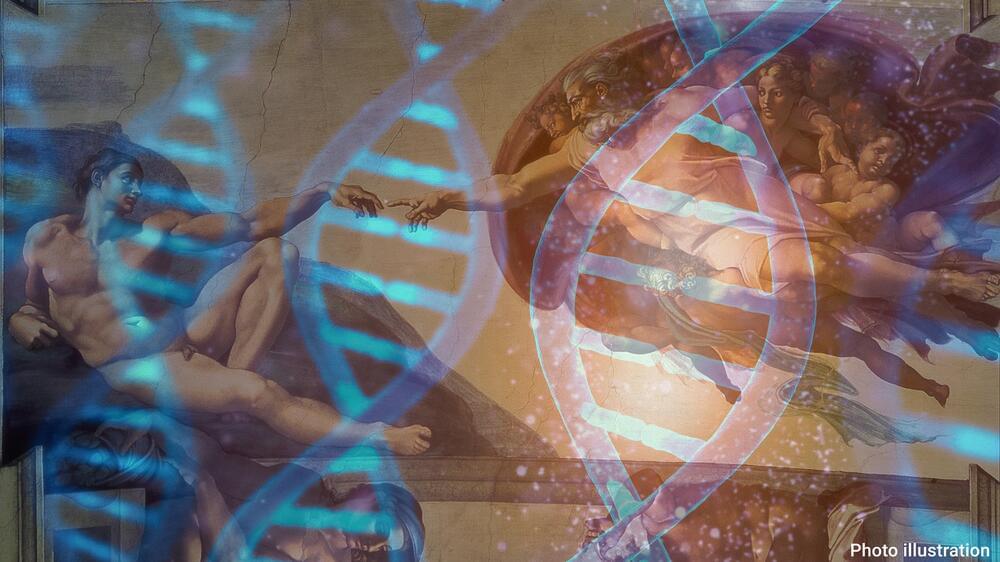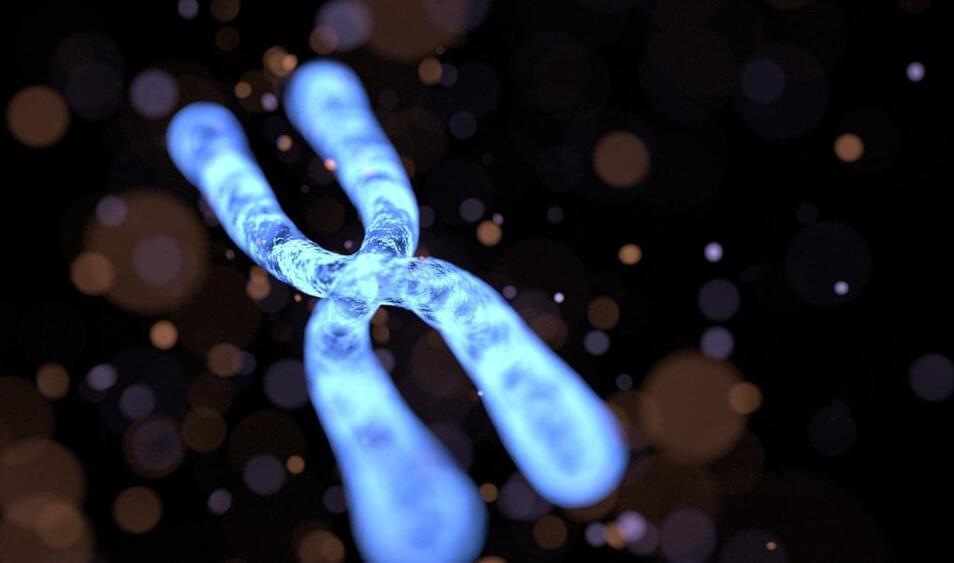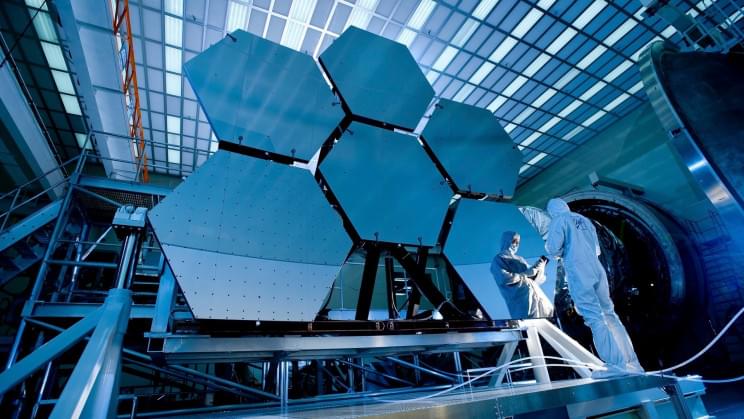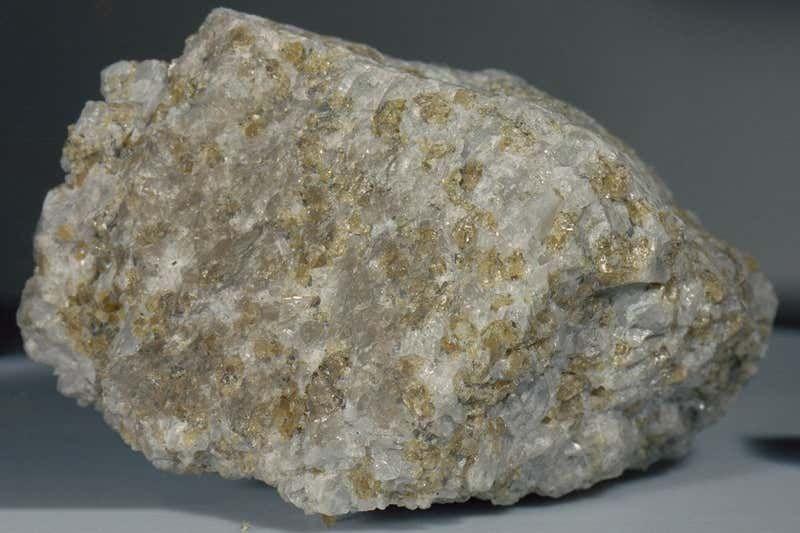Investigated by the SOAR Telescope operated by NOIRLab, the binary system is the first to be found at the penultimate stage of its evolution. Using the 4.1-meter SOAR Telescope in Chile, astronomers have discovered the first example of a binary system where a star in the process of becoming a white.
MIT physicists and colleagues have discovered the “secret sauce” behind some of the exotic properties of a new quantum material that has transfixed physicists due to those properties, which include superconductivity. Although theorists had predicted the reason for the unusual properties of the material, known as a kagome metal, this is the first time that the phenomenon behind those properties has been observed in the laboratory.






